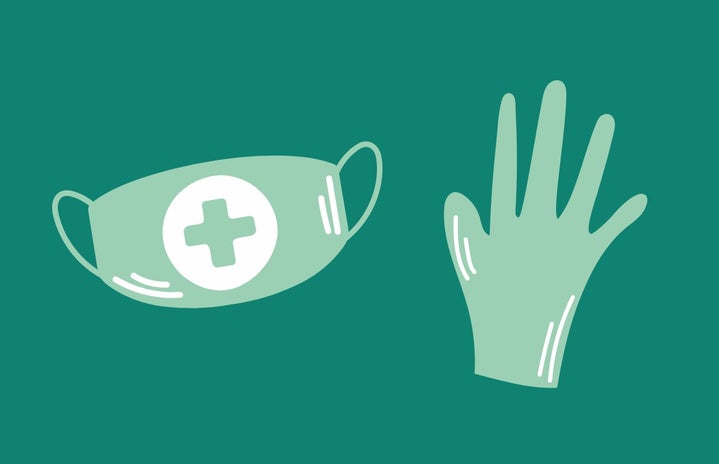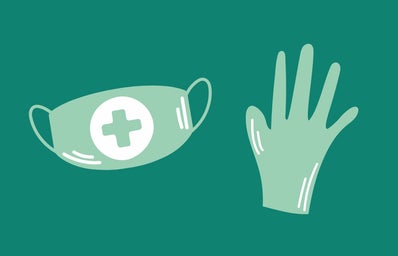1. Make a donation
If you have the monetary ability, donating money is a great way to help those affected by COVD-19! You can even tailor your charity search based on your interests; some examples include: art and culture, education and technology, homeless communities, meals and food support, medical efforts, mental health, refugees and international relief, restaurants and food workers, seniors and people with disabilities, service workers, small businesses, and underrepresented communities. Check out this link for a full list of charities and ideas. Aside from donating money, you can also donate blood to local blood banks or medical supplies such as masks if you know how to sew or have extra at your home. You can also donate food to local food banks, churches, schools, neighbors, or friends in need.
2. Volunteer & Job opportunities
I won’t lie, it’s kinda complicated to volunteer right now. With most organizations limiting space for essential workers only, it can be a bit disappointing when you find out that your favorite place to volunteer is no longer seeking assistance due to social distancing policies. However, there’s still ways to get involved! Depending on where you live, every state has taken a different approach to seeking and placing volunteers. For instance, if you are in Seattle, the city has created a position called COVID-19 HungerCorps Member through the United Way of King County. This is a paid position that you can locate on Handshake UW. You can also search through the AmeriCorps website for more COVID-19 opportunities, search your town’s resources to volunteer at a local foodbank, or search a state website, such as California’s response. If you don’t feel comfortable going outside quite yet, don’t worry! There are plenty of remote options for you to help those affected, such as volunteering to be a Suicide Hotline responder.
3. Check on others
Although it might not seem like it, this one could be the most impactful! According to Healthline, about 49% of Americans are now exhibiting signs depression during the coronavirus pandemic. Simple ways to help people struggling with mental health while social distancing include checking in on one loved one’s through Zoom calls, FaceTime chats, Netflix parties, and sending random texts of positivity. If you’re looking to boost the mood of people close to you, one of the best ways to do that is by sending them a surprise, such as DoorDashing them their favorite meals or drinks, ordering them a small gift, or sending them a care package. If you order them food, you can even order the same thing for yourself and FaceTime your friend once they get it to create the feeling like you’re eating together at a restaurant!





